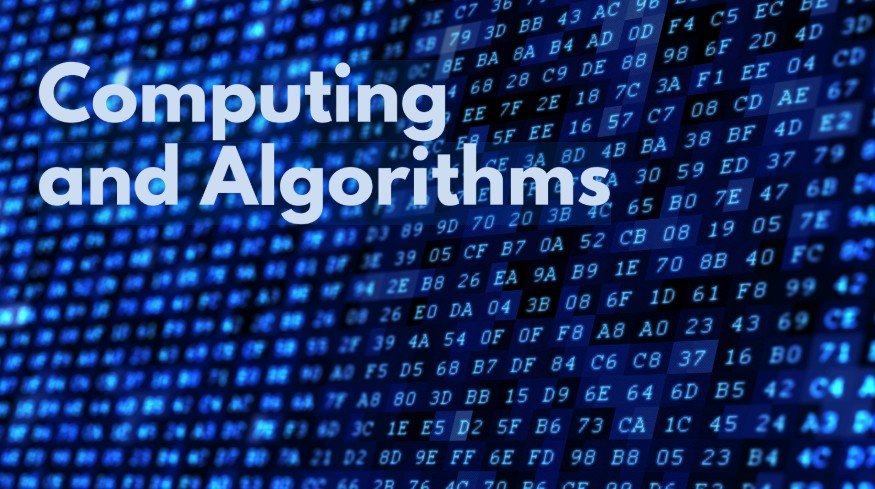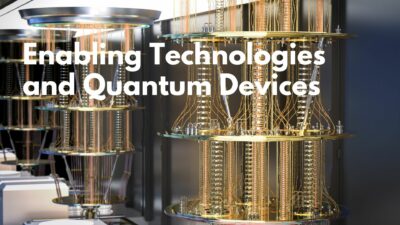NIST physicists have developed a new approach to designing quantum memory switches that could self-correct errors in quantum computing. The team’s theory, published in Physical Review Letters, suggests an easier path to creating stable quantum bits (qubits) that are currently subject to environmental disturbances and errors.
The key innovation is a passive and autonomous error correction scheme that automatically handles extra work without requiring additional qubits or measurements. The approach focuses on photonic cavity resonators, where multiple photons bounce back and forth, creating interference patterns that store quantum information.
By constantly refreshing the photon supply in the cavity, the qubit’s quantum information can withstand certain amounts and types of noise. The constant stream of fresh photons helps maintain the interference pattern even if some photons become corrupted by noise. This approach adds to an arsenal of promising quantum computer error-correction techniques, such as topological qubits, and could be particularly useful for quantum computing based on microwave photons in superconducting architectures.
Keywords: qubits, photons, noise, quantum, interference


